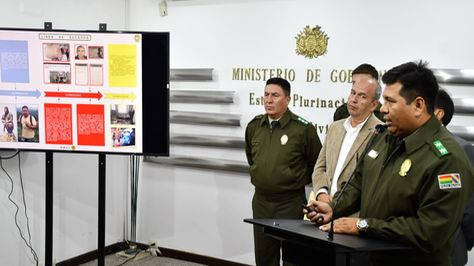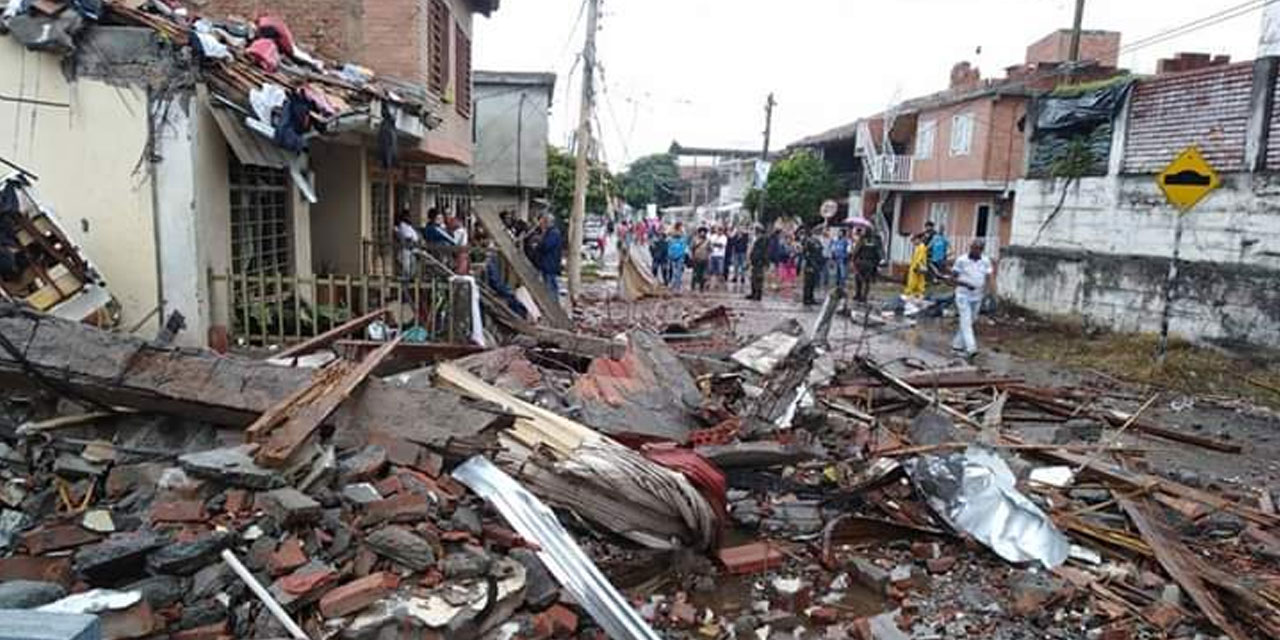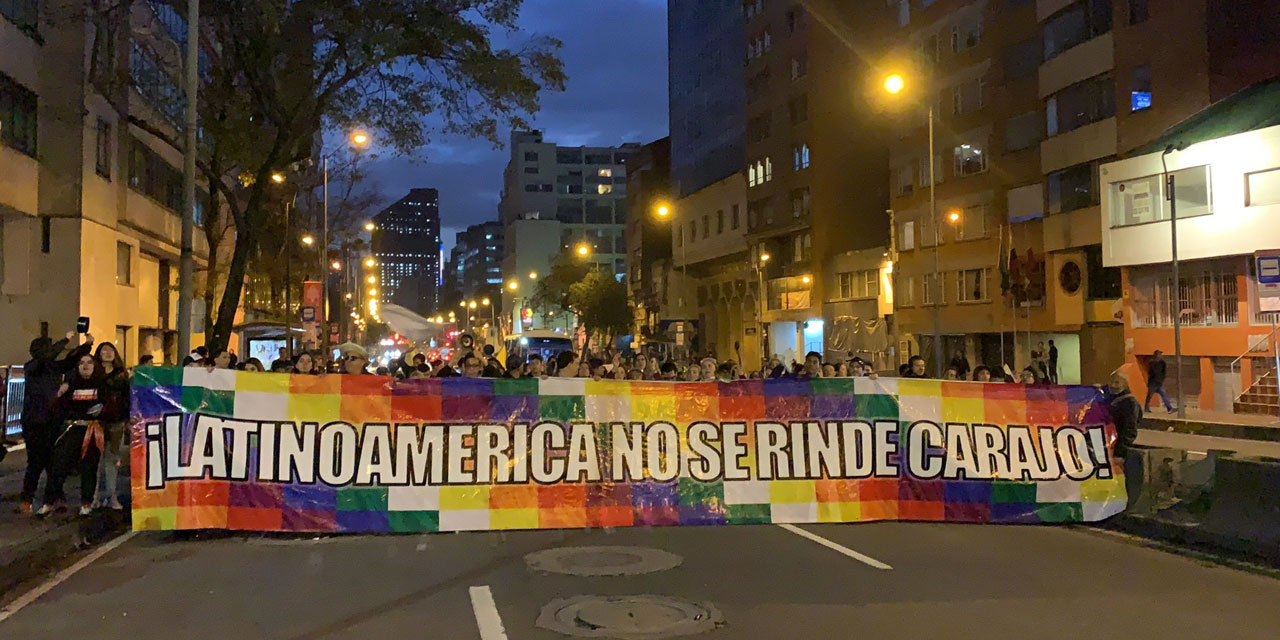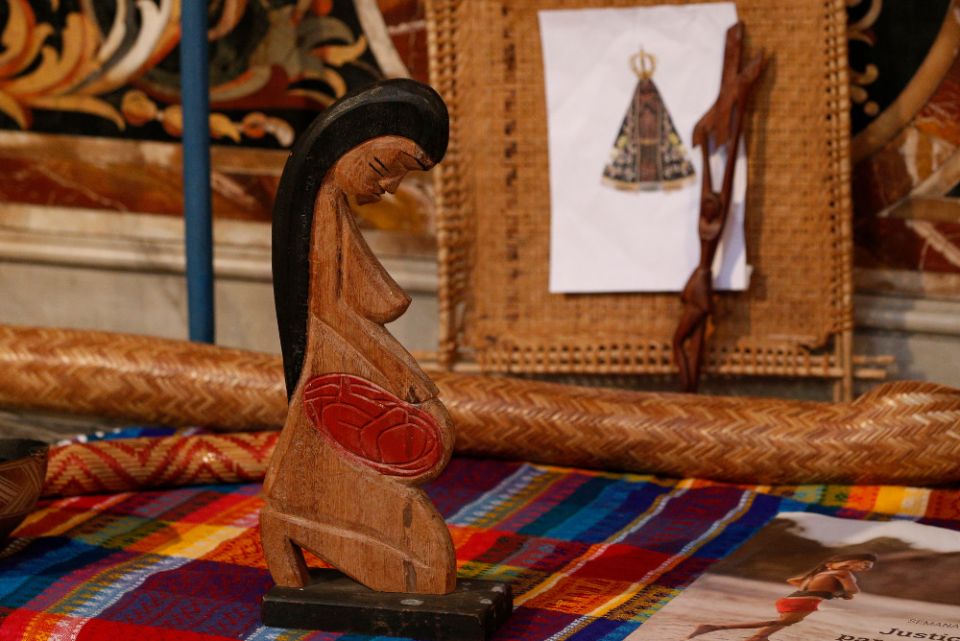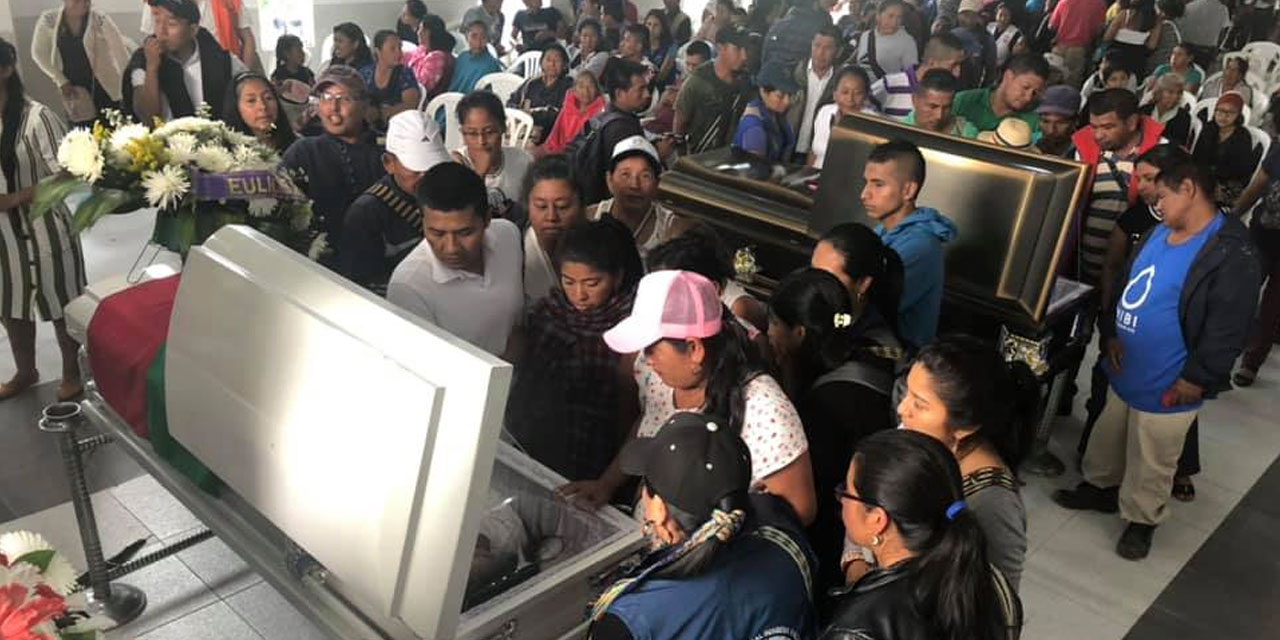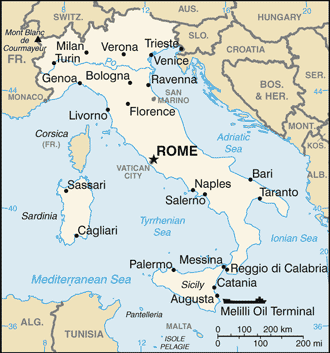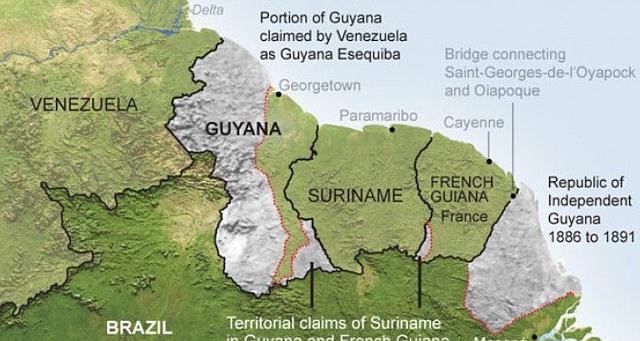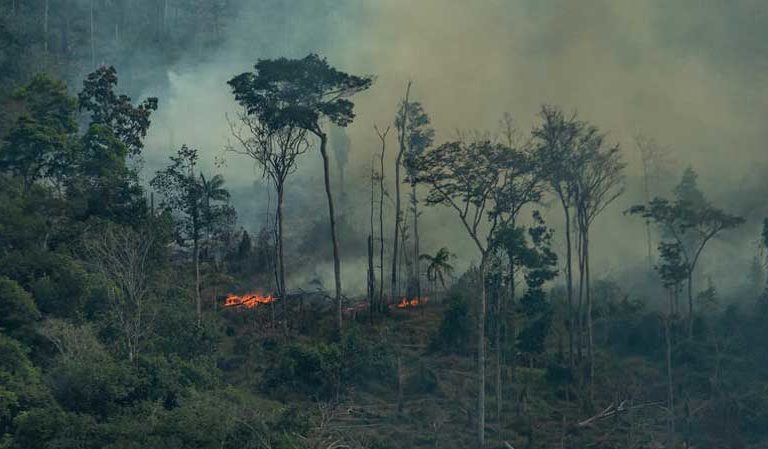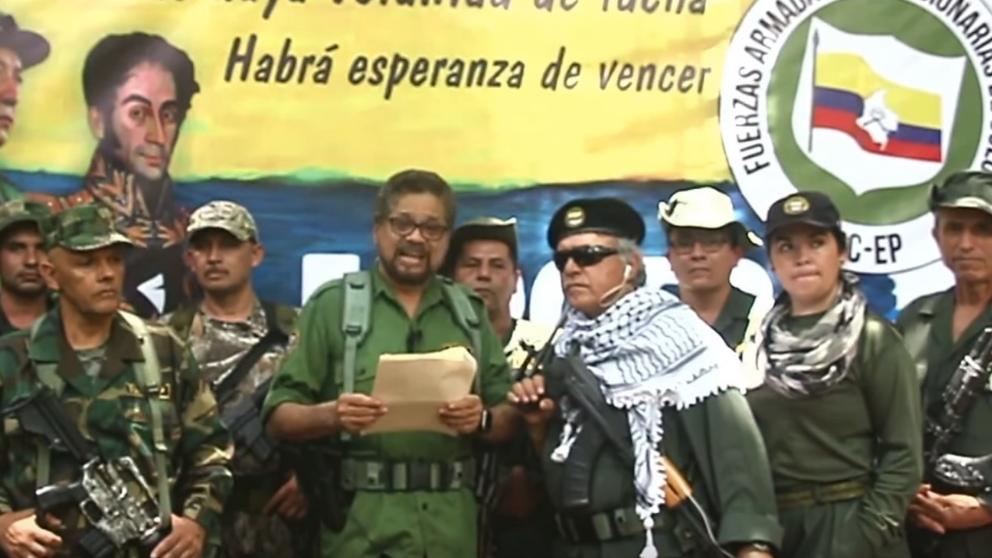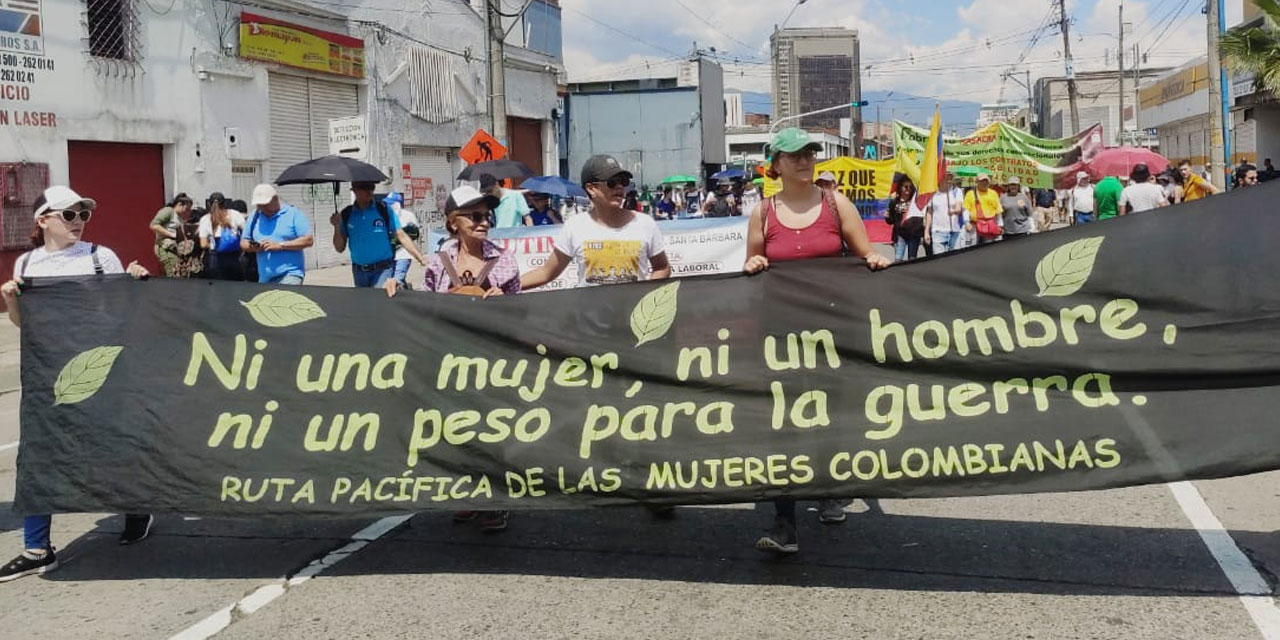
Colombia: protests met with repression —again
The protest wave in Colombia was revived with a national mobilization—to be again met with repression from the security forces. Protest organizers explicitly rejected violence, but police and gangs of masked men sabotaged efforts by municipal authorities to maintain the peace in the country’s two biggest cities. In both Bogotá and Medellín, the progressive mayors who defeated President Ivan Duque‘s far-right Democratic Center party in local elections last year had adopted protocols to prevent attacks on peaceful protesters by the feared National Police riot squad, ESMAD. Yet in both cities, clashes erupted, with several injured and scores arrested. In a repeat of a strategy also seen in last November’s protests, police raided the homes of two Bogotá activists the night before the mobilization. (Photo via Colombia Reports)



